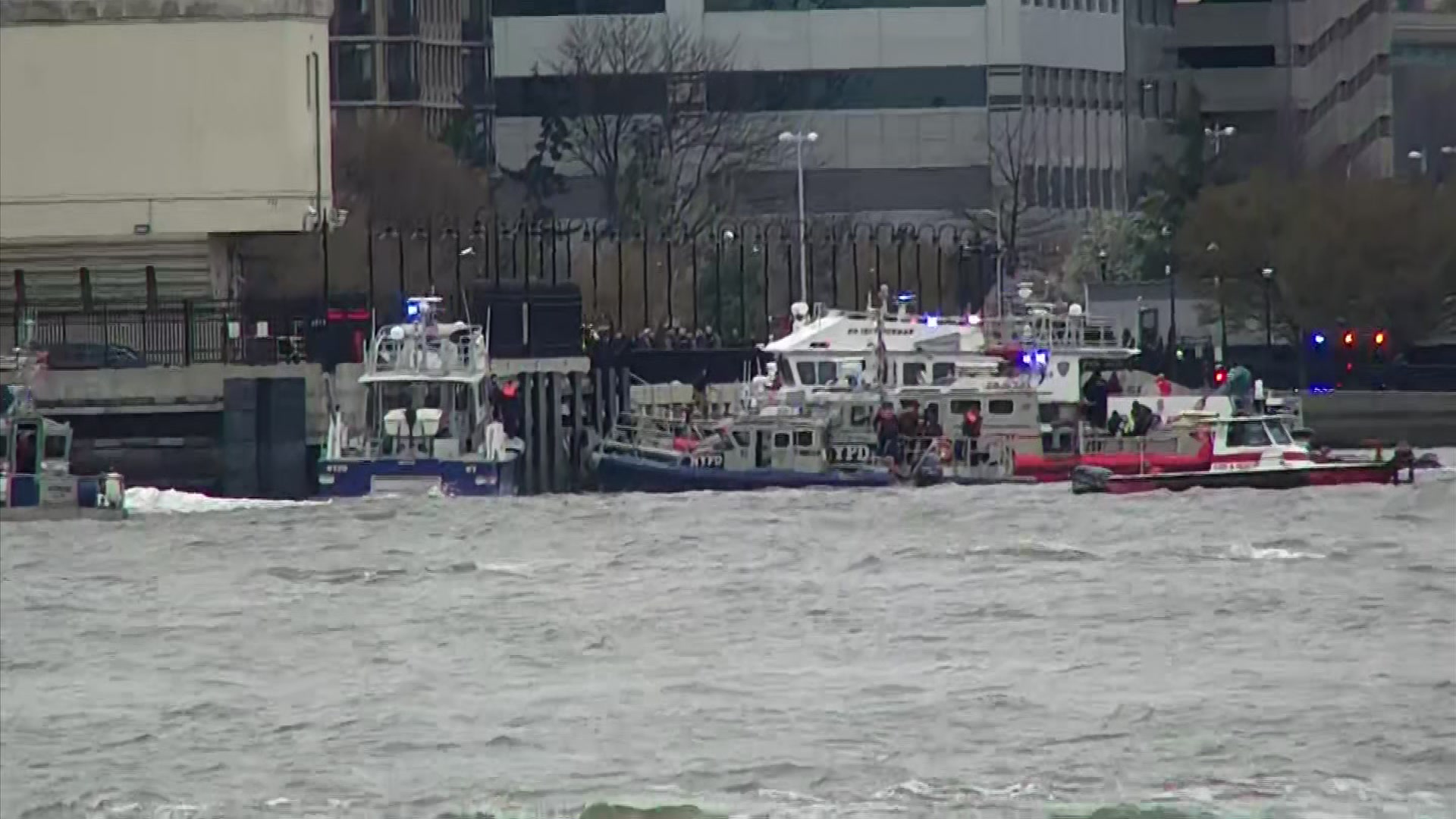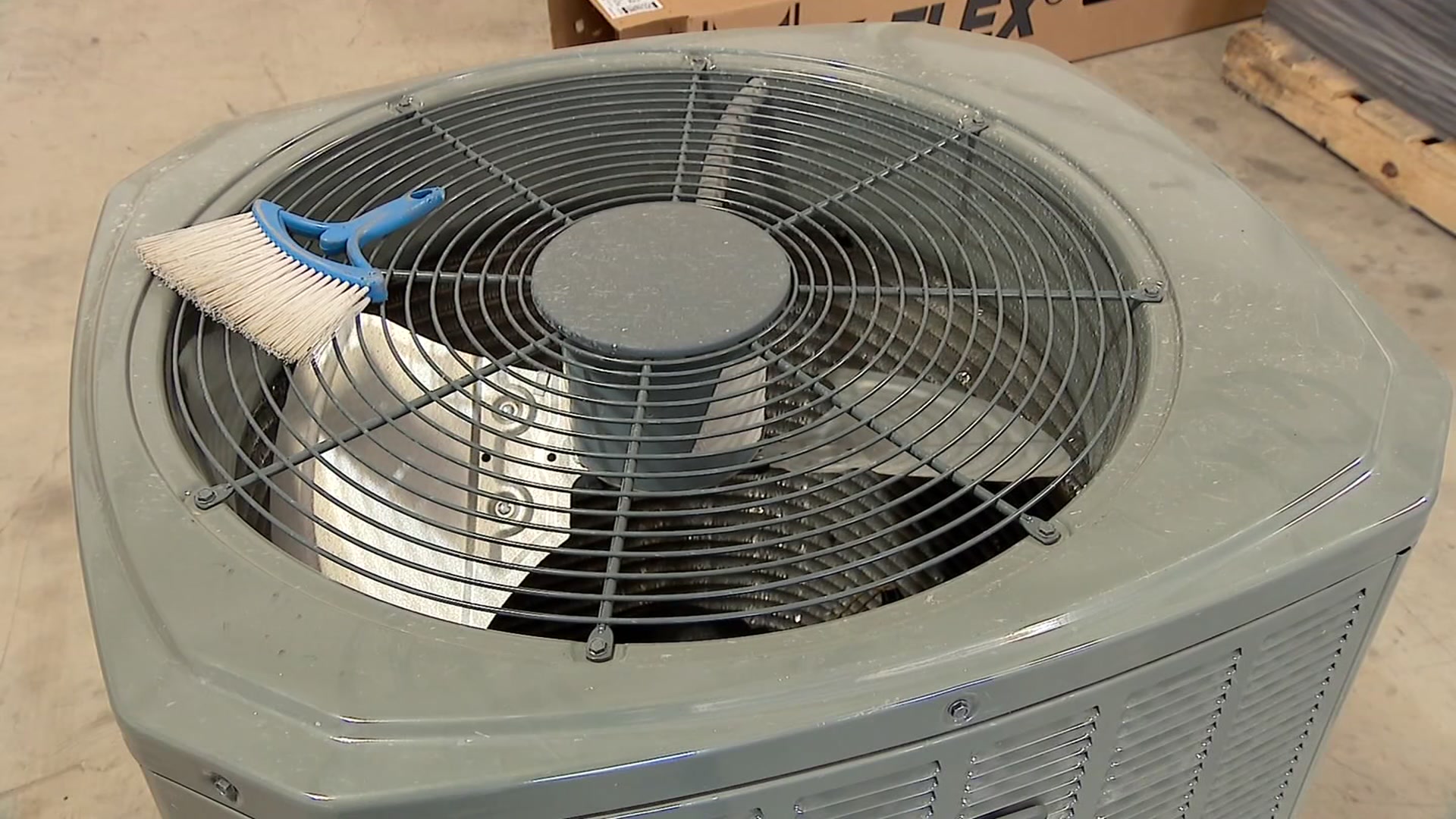The Dallas Independent School District plans to implement many of the strategies in place in the Cypress-Fairbanks ISD near Houston as they prepares to launch their own bus service to replace troubled bus agency Dallas County Schools, officials say.
The Dallas Independent School District plans to implement many of the strategies in place in the Cypress-Fairbanks ISD near Houston as they prepares to launch their own bus service to replace troubled bus agency Dallas County Schools, officials say.
Records show CFISD has remarkably low transportation cost per student. The district provides bus service to a far higher percentage of its students and uses new technology Dallas does not have to boost safety and please parents.
CFISD has the third-largest number of Texas students behind Houston and Dallas. But it buses more students than Dallas and Houston combined for a fraction of their cost per student.
“The safest mode of transportation to and from school, according to the National Highway Traffic Safety Administration, is on a yellow school bus,” said CFISD Transportation Director Bill Powell.
His district ignores the Texas option of transporting only kids more than two miles from a school, allowing all CFISD students to ride buses if they choose.
In the most recent 2016 figures, Dallas ISD had 156,727 students. It paid bus agency Dallas County Schools an average of $1,650 per student to bus just 29,000 kids with 850 routes.
CFISD had 115,525 students. It bused 80,000 of them with just 767 routes for a remarkably low cost per bused child of $459.
Local
The latest news from around North Texas.
Cypress Fairbanks keeps costs low with a three-tiered school bell schedule. Instead of matching buses to school times, it times schools to buses, to maximize the use of each bus and reduce the number of buses and drivers. Most buses serve three different schools each morning and afternoon.
Driver Ericka Pierre said the task is manageable because she has a little break between each campus.
“So, no, you’re never in a rush,” she said. “You never need to rush.”
More kids on buses means fewer parents in cars idling around schools waiting for kids, which helps reduce air pollution, Powell said.
“Our community has been very receptive. It’s kept our cost down in support services so we can maximize our dollars in the classroom,” he said. “If our buses only serviced one campus like most districts do, we would need an additional 1,600 buses.”
The impressive numbers attracted attention from Dallas ISD Deputy Superintendent Scott Layne who is overseeing the launch of a Dallas ISD Transportation Department. Layne visited CFISD to see the operation. Layne hired a former CFISD assistant to become Dallas ISD Transportation Director.
“Our goal at some point in the future is to put many of their programs in place,” Layne said.
Voters in November decided to close bus provider Dallas County Schools after a series of NBC 5 Investigates reports on financial and safety problems. DCS invested heavily in stop-arm camera citation technology that turned out to be a big money loser. People with the vendor and past DCS officials are under FBI Investigation. Dallas ISD’s new transportation service begins operation this fall.
Cypress-Fairbanks uses new technology that DCS did not provide to promote safety and cost savings.
Every CFISD bus is equipped with RFID readers that log children on and off for each ride. Bus drivers have an electronic pad connected to the reader that identifies each child, whether that child belongs on that bus and where the child is to be dropped off. Parents have access to a smart phone app that notifies them each time the equipment connects with their child.
“It gives the district the peace of mind, it gives the parents the peace of mind that we did put that child off the bus where they belong,” said CFISD transportation technology analyst Brenda Renken.
Peirre said RFID is a big improvement for drivers from the old way of watching children get on the bus. “You just had to know if those kids were yours or not,” she said.
Before the new equipment, Hopper Middle School Principal Wendi Witthaus said she receive more complaints for worried parents.
“That has reduced tremendously because I think they can identify whether their child got on that bus,” Witthaus said.
CFISD buses also have GPS equipment that tracks routes, location of stops and sends maintenance information to service centers. It notifies mechanics if a battery goes dead during a holiday. In the past, mechanics would come early after holidays to be sure all the buses would start.
“We have saved numerous man hours with this, and overtime dollars, because we’re able to see the status of the buses online,” Renken said.
Unlike Dallas, all five CFISD bus service centers have covered parking for buses to protect them from hail and the Texas sun. Powell said the covers reduce the cost of fuel that was used in the past to cool hot buses.
Dallas has one transportation complication that Cy-Fair does not which adds expense. Dallas ISD buses some children long distances across the city to attend choice and magnet schools.
Layne said Dallas ISD still intends to adopt many of the Cy-Fair programs once the new transportation operation is running in place of Dallas County Schools.
“By bringing the program in house, the responsibility will be ours,” Layne said.
Some other school districts already use some of the same strategies, but Layne found CFISD to be a strong example for the combination of safety and efficiency programs.



